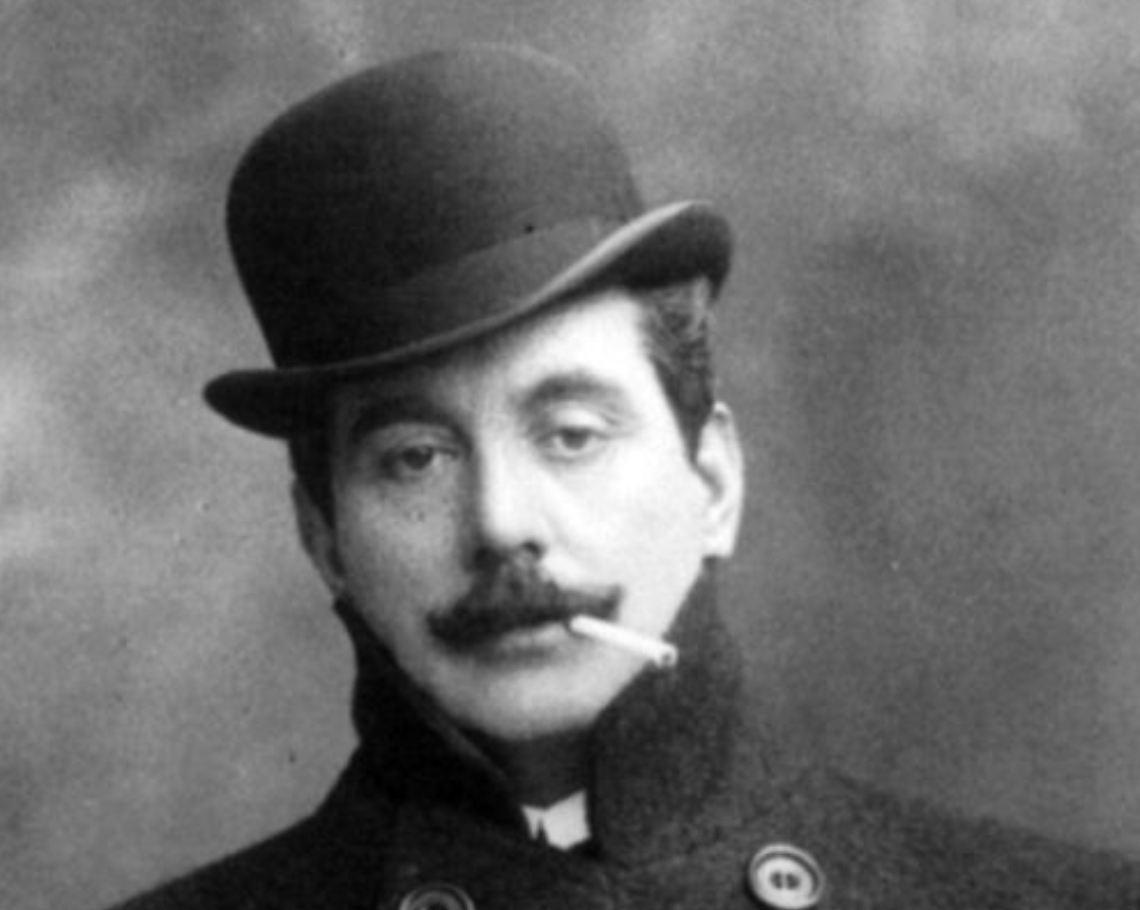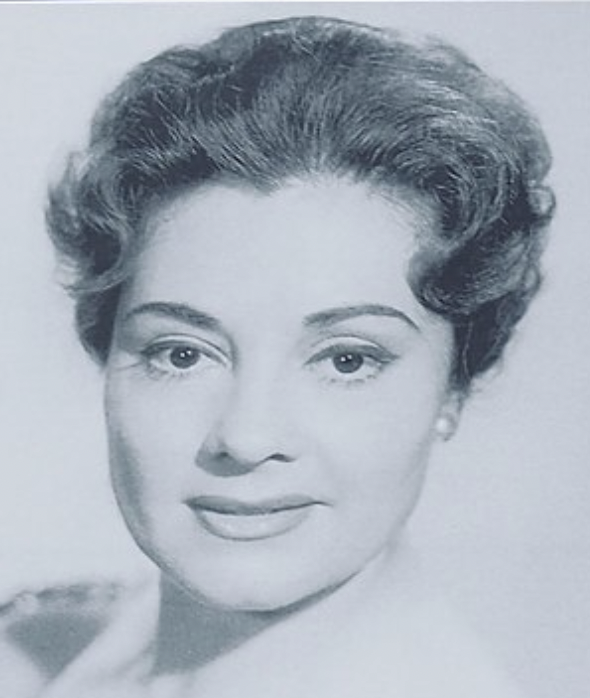24 March 2023
P.R. Jenkins
Spotlight Webern: four orchestral works

Anton von Webern is one the most important composers of the 20th century and perhaps the most enigmatic. Born in 1883, he became a pupil of Arnold Schönberg and his compositions were also atonal and twelve-tone.
On 15th September 1945, Webern died in Mittersill (Salzburg county). His death was strange and tragic. A few months after the end World War II, he was accidentally shot by an American soldier when he lit a match to smoke a cigar outside the house of his son-in-law. Stravinsky wrote after Webern’s death: “Doomed to a total failure in a deaf world of ignorance and indifference he inexorably kept on cutting out his diamonds, his dazzling diamonds, the mines of which he had such a perfect knowledge.”
Karajan wasn’t usually associated with the music of the so-called “Second Viennese School” (the works of Schönberg, Webern and Berg) but he had known Webern’s music for quite a long time when he started conducting it in public at the age of 50. As a student in Vienna Karajan attended concerts with Webern conducting his music.
“Webern is […] frequently asserted that he was very cold. Yet l’ve often seen him conducting, and I didn’t find him so cold at all, on the contrary: his commitment was immense. Perhaps, though, one point should be mentioned: in his later years he became much more abstract, more introvert. The Passacaglia, his Op. 1 […] is a musical work of great passion. I see no reason for performing it as anything else.”
For about twenty years, the works of Webern appeared constantly on Karajan’s concert programmes – the five movements for string orchestra op 5, the late romantic Passacaglia op 1 and the aphoristic pieces for orchestra op 6. The enigmatic symphony op 21 held a special fascination for Karajan.
“Webern’s Symphony is a work which I first came to understand during the rehearsals. I must admit that it is only now that I know what it is about. It is a kind of abstract music that offers no development, but a condition, and in fact a condition which remains constant. I cannot tell you how much this work fascinates me.”
Obviously Karajan chose Webern for special occasions. In 1958 (when Webern could easily still have been alive!) Karajan was invited by Leonard Bernstein to conduct a series of concerts with the New York Philharmonic, his only collaboration ever with this orchestra, and he started with Webern’s op 5. Three years later Karajan conducted Webern’s symphony op 21 in a concert in the Musikverein while Nikita Khrushchev and John F. Kennedy were having their summit conference in Vienna. The two statesmen did not attend the concert – but Ms Khrushcheva and Kennedy’s mother. “The Webern caused a minor riot: the Viennese public, as ever, in the radical rearguard of musical thought. Karajan was not much bothered, but Mme Khrushcheva – who was clearly unfamiliar with the phenomenon of civil unrest in the concert hall – was reported to have been visibly nervous. (Osborne)”
We’ve prepared playlists with Karajan conducting Webern. Listen to them here.
— P.R. JenkinsRichard Osborne “Karajan. A Life in Music” Chatto & Windus, London. 1998
“Conversations with Karajan” Edited with an Instroduction by Richard Osborne. Oxford University Press. 1989


